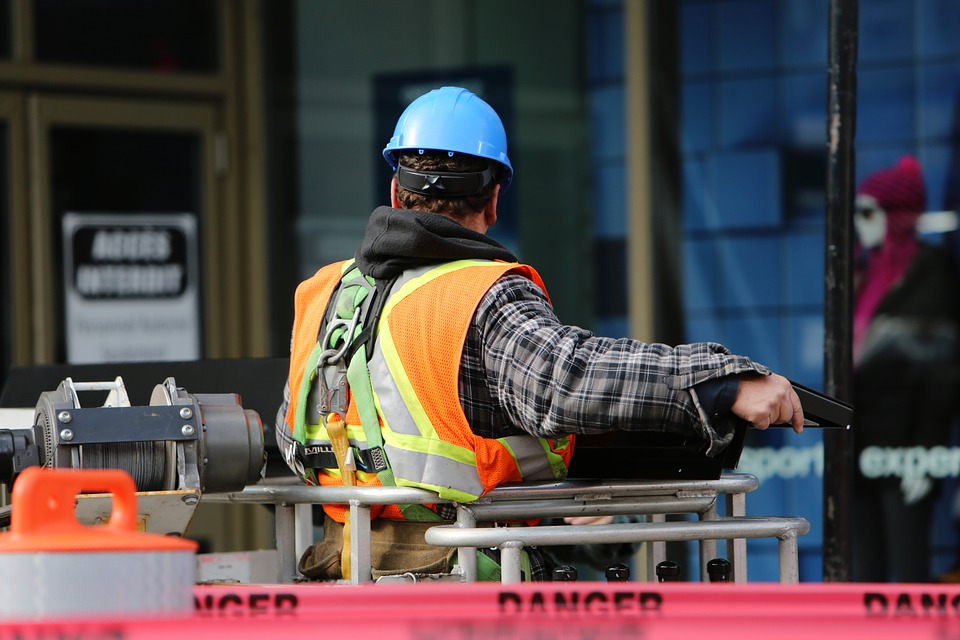Ominous future for Scottish construction sector
Market confidence in Scotland’s construction sector has fallen sharply with workloads, profit margins and employment anticipated to fall over the coming twelve months.

The Royal Institute of Chartered Surveyors (RICS) said its headline statistic for workloads north of the border fell into negative territory for the first time in nearly four years as the deterioration in momentum that has resulted from social distancing measures is expected to continue.
Its Q1 2020 RICS Construction and Infrastructure Market Survey found a net balance of -39% expected profit margins to be lower in a year’s time, with a net balance of -17% and -14% expecting workloads and employment to be respectively lower in the same timeframe.
Chartered surveyor John Pascoe, of John Pascoe CQS in Aberdeen, said: “The impact is impossible to gauge. We have seen projects put on hold, sites closed and there is real uncertainty in the short term and longer term.”
Overall, workloads were reported to have fallen in Q1 according to a net balance of Scottish respondents (-4%). Public housing workloads were seen to be flat over the quarter, whilst private industrial and private commercial workloads were reported to have fallen sharply. Modest increases in infrastructure and private housing workload net balances were recorded.
However, the survey responses, across the UK, when analysed by date of submission clearly show weaker sentiment coinciding with the stricter lockdown. Survey responses that were received from March 5 until March 26 were still indicating a broadly resilient picture for the sector, with the majority of contributors reporting a pick-up in headline workloads (net balance of +16%). After this date, between March 27 and April 7, responses unsurprisingly signalled a sharp downturn in workloads with a net balance of -21% of respondents reporting a decline.
Hew Edgar, head of government relations at RICS, warned that gaps in government support for the sector need to be addressed.
He said: “The supporting measures that the government introduced in the immediacy for the built environment – covering pay, rent, and business operating costs to name a few – were welcome, but it has become apparent that there are gaps that need addressing; not least parity in approach across the UK.
“The UK Government must start exploring how the sector could taper the reopening of non-essential construction sites within stringent parameters of health and safety adherence; introduce grants; and review how repair and maintenance work could proceed whilst public buildings are not fully occupied. A combination of these will support professionals, the workforce, manufacturers and supply chains by providing a pipeline of work and vital cash flow in the short term.
“Fiscal stimulus is most effective once the construction starts on-site; only then does finance start to flow down the supply chain. As such, the government should explore how best to accelerate and enable the design, planning approval, and procurement of construction projects to ensure construction-ready schemes can start when the pandemic subsides.”
Commenting on the UK picture, Simon Rubinsohn, RICS chief economist, added: “It is hardly a surprise that sentiment in the construction sector fell particularly sharply following the imposition of the lockdown. More ominously, the forward looking metrics have also softened materially, suggesting that it will not simply be a case of returning to where the industry was prior to the onset of COVID-19 as the government begins to ease the lockdown.
“Partly this reflects uncertainty about the likely state of the economy at this point and how this will impact on development, but it is also indicative of the challenge the sector is currently under as it attempts to access government funding to keep heads above water.”
- Read all of our articles relating to COVID-19 here.









